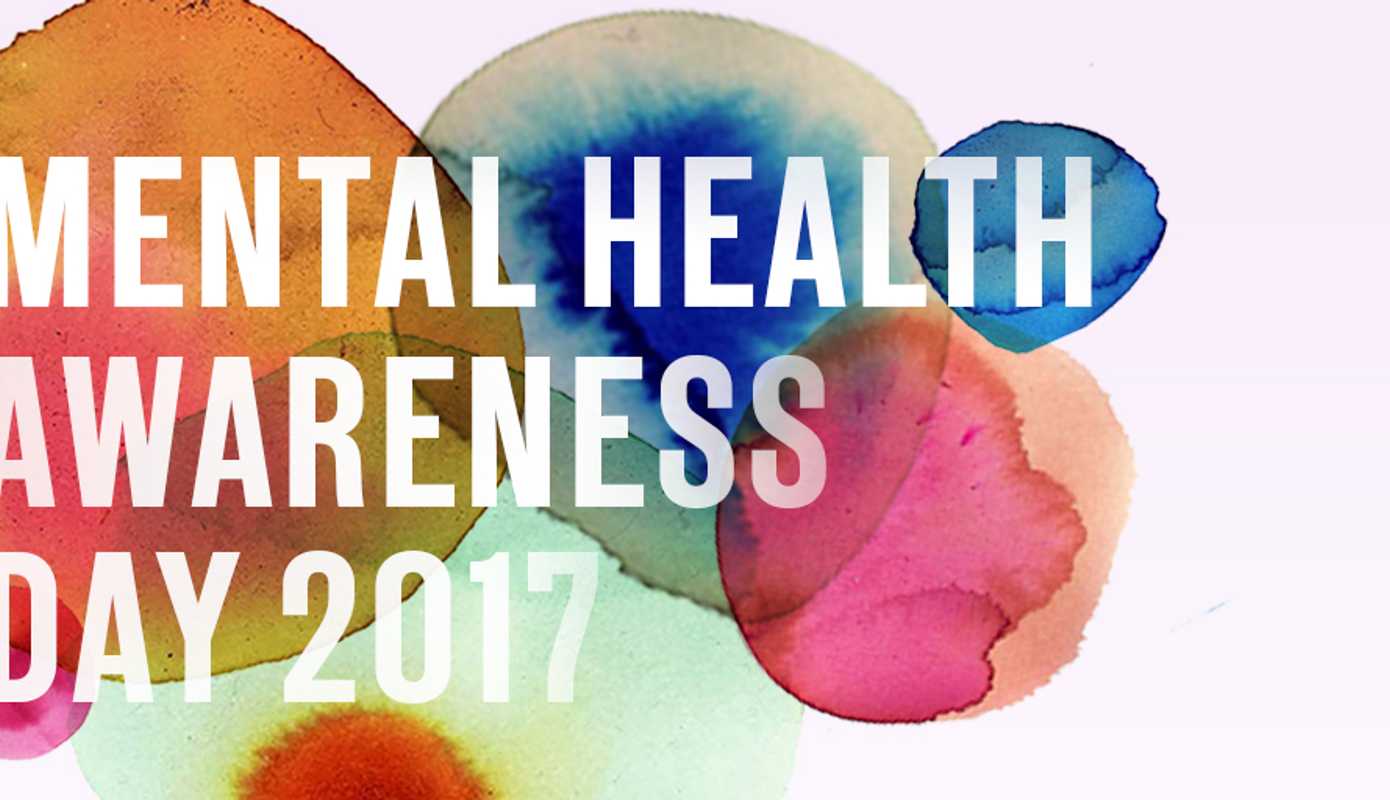In most rooms, my ethnicity makes me a minority. The notable exception to this generalisation: the mental health ward. If you are BAME (Black and Minority Ethnic), you are more likely to have a diagnosed mental health condition. It’s well established that minority communities are disproportionately affected by mental illness’ but some statistics bear repeating: black men are 17 times more likely to be diagnosed with psychosis than white peers and there’s a higher incidence of suicide amongst Asian women than other ethnic groups. The causes and consequences of these statistics deserve their own piece that deconstructs the insidious connection between mental health and minority communities. But on World Mental Health Day 2017, we focus on how the Government’s recent announcement to review the Mental Health Act is not enough on its own. The threats to individuals that need mental health support remains and will continue to disproportionately impact people of colour. Theresa May’s mental health record Prime Minister Theresa May purports to care about mental health. During the recent election campaign and at the Conservative party conference earlier this month, she named it as one of her priorities, saying she wants to solve what she’s described as one of the ‘burning injustices of our country’, particularly pledging to focus on the young and introduce 10,000 more mental health staff. Yet in her position as Home Secretary in the Tory cabinet, she failed to deliver the promised funding to children and young people’s mental health services, which oversaw the diminution of the mental health nursing workforce by 6,000. She has also committed to rewriting the Mental Health Act to result in fewer detentions. Currently, black people are far more likely to be detained under this Act at a rate of 56.9 per 100 patients compared to 37.5 per 100 of their white counterparts. Mental health campaigners welcomed this announcement, but warned that the unjust and discriminatory detention of BAME communities is the product of underfunded services as much as it is outdated legislation. It is easier to ‘hide the problem’ by depriving liberty through sections two or three of the Mental Health Act than it is to provide effective treatment through community support services. May’s recent legislative announcements on mental health In the 2017 manifesto, May and her ‘team’ committed to these pledges again. Her unmandated, unstable government indicated in the Queen’s Speech that reforming mental health remained in her legislative agenda for the upcoming two years. On the 4th of October 2017 May announced an independent review into the Mental Health Act. Mental health charity Mind’s response to its inclusion specifically referenced the disproportionate effect the Mental Health Act has on BAME communities and warns that ‘we can’t look at the Act in isolation, without also addressing underlying failures in mental health services that see people ending up in crisis.’ Years of Tory austerity politics have slashed mental health budgets. The NHS funding crisis is so deep that Clinical Commissioning Groups (CCGs) were forced to redirect funds earmarked for mental health to help fill the funding gap. Freedom of Information requests found 64% of CCGs used funds for other purposes and that 57% of CCGs plan to reduce their spending on child mental health in 2017. The failure to invest in adequate Mental Health services will adversely impact the BAME community As with so many policies, this continued failure to invest properly in mental health treatments will harm BAME communities first and worst; for example, the state’s failure to properly house its citizens impacts everyone from poorer backgrounds, but the impacts of the housing crisis are worse if you’re from a minority group. Shelter reports that homelessness increased by 77% among BAME households compared to 34% among the general population. Again, many of these consequences can be traced back to social exclusion. The links between social exclusion, poverty and mental health are well documented. It is unsurprising and the marker of a biased and unequal society that all of these problems affect BAME communities more than others. No policy exists in a vacuum and often they work together and hit the same sections of society hardest. The entrenched systemic flaws across how public services are funded and delivered have become most stark in the tragedy of Grenfell. If social housing is poorly maintained and underfunded, the most disenfranchised in society are hit the worse. If more of them are from BAME backgrounds, the horror and casualties in those groups will undoubtedly increase. Mental health will see the same problem: while funds are diverted from services that we are more likely to use, we suffer more. The spiral continues. How can we stop it? The depressing paradox of those who need to have their voices heard, as mental health service users, are often shut out. Mind has drawn attention to the importance of ensuring the consultation is led and shaped by the experience of service users: if you or someone known to you has used mental health services, have your experience recorded. Participate in any calls for information put out by the Government or mental health charities. Share your experience. Write to the service you used, write to the local NHS trust, write to your MP. Post about your experience online. Now is the time to make sure your voice is heard, when it could be so easy to ignore. Whilst researching this piece, I read a number of articles that I would encourage you to check out for further reading: http://www.skindeepmag.com/online-articles/oppression-exhausting-on-marginalised-mental-health-race-poc/ https://www.mentalhealth.org.uk/a-to-z/b/black-asian-and-minority-ethnic-bame-communities http://www.independent.co.uk/news/uk/politics/election-latest-mental-health-theresa-may-staff-10000-law-discrimination-depression-a7722046.html http://www.bbc.co.uk/news/uk-politics-38548567 https://www.theguardian.com/politics/2017/may/07/theresa-may-pledges-mental-health-revolution-will-reduce-detentions http://england.shelter.org.uk/__data/assets/pdf_file/0009/48555/The_Black_and_Ethnic_Minority_Housing_Crisis_Sep_2004.pdf http://www.sistersuncut.org/2017/05/27/press-release-feminists-occupy-holloway-prison-to-demand-more-domestic-violence-services/ http://www.ucl.ac.uk/news/news-articles/0914/040914-Mental-health-sexual-assault
The inextricable link between mental health services and communities of colour

The links between social exclusion, class status, and mental health are inextricable; leaving communities of colour to be the most disproportionately impacted.


